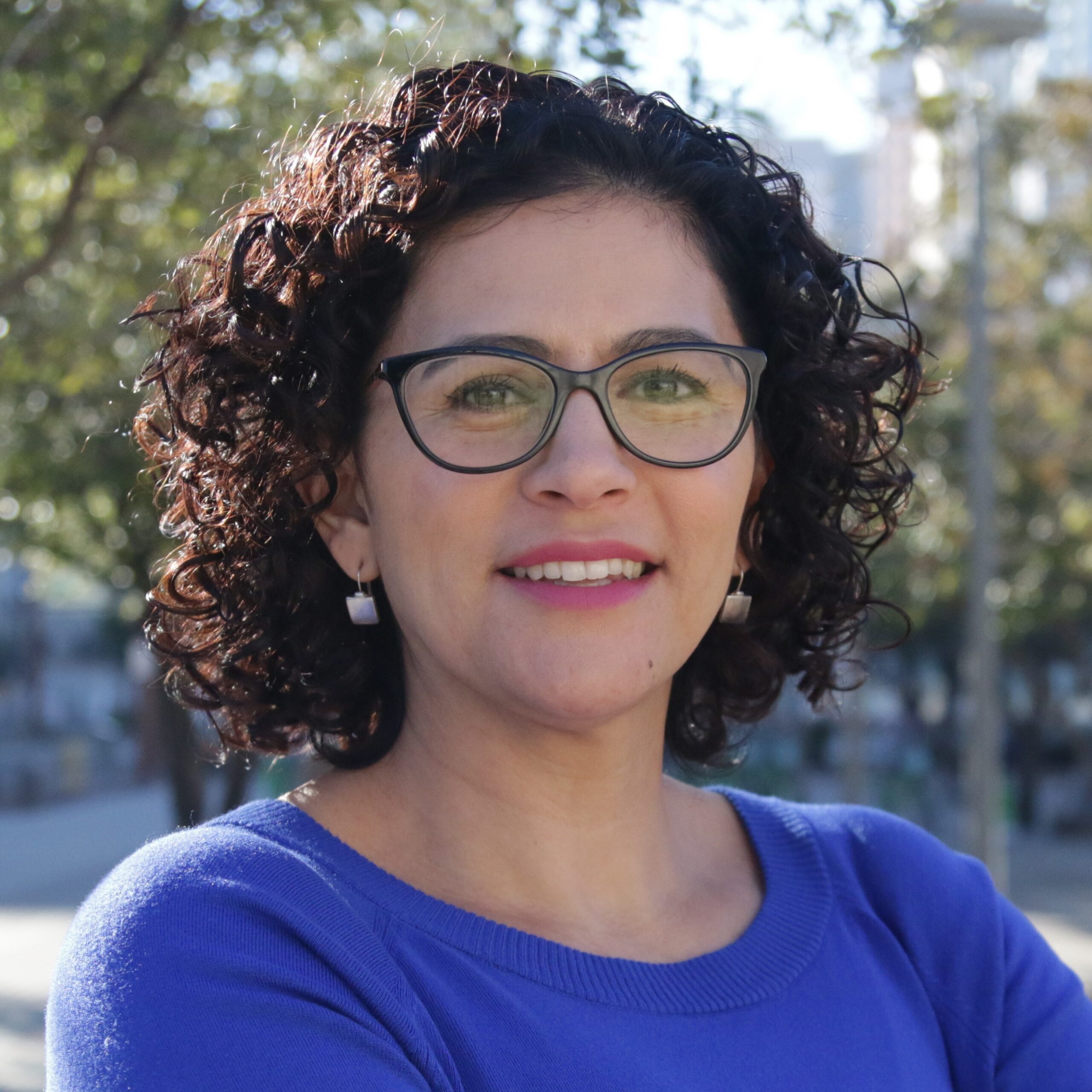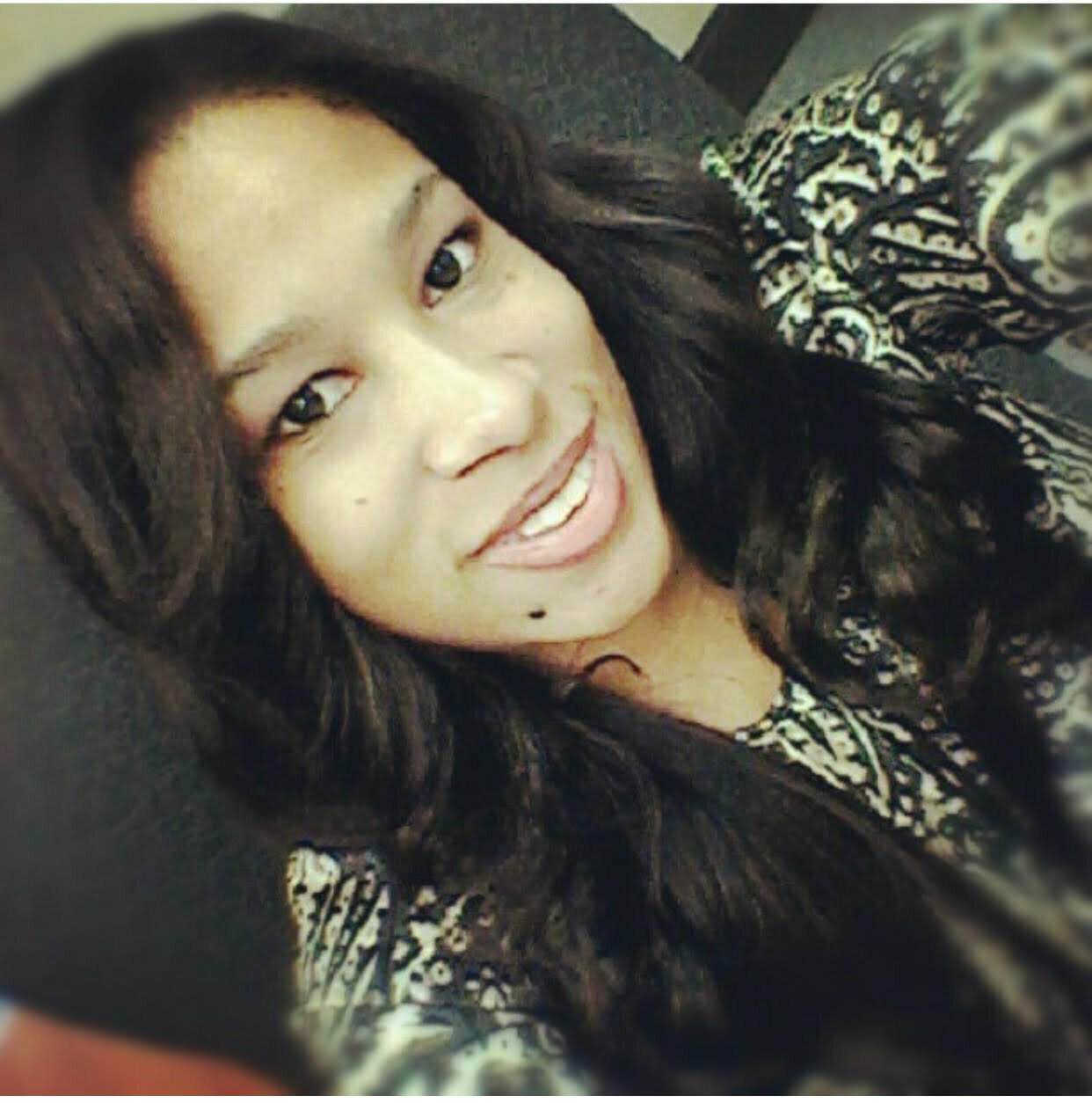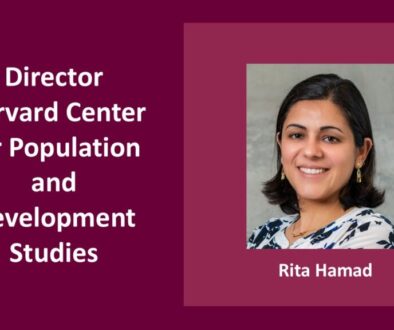Humanizing the Journey To Graduate Funding: Part Four
Monica Gutierrez, Brooke Staley, Sandte Stanley
This is the fourth in a five-part series highlighting graduate funding experiences and providing tips and advice for those embarking on this journey. Check out parts one, two, and three here!
For many graduate students, the journey to funding is paved with high hopes and aspirations–but is often unclear and laden with obstacles. While articles and websites offer tips and resources to help students navigate this process, the unique stories of success, rejections, or non-linear paths are rarely shared. In this series, we speak to current students and junior faculty about the highs, lows, reflections, and desires around the graduate funding journey. This part of the series highlights the journey of Dr. Charlene Poola.
Dr. Poola is Hopi-Tewa and Navajo and has been a licensed mental health clinician since 2003. She is currently a Clinical Research Associate/Behavioral Health Specialist at Albuquerque Area Southwest Tribal Epidemiology Center. She received her Ph.D. in Social Work from Arizona State University in 2020. Dr. Poola also received her B.A. in Sociology (1999) and her Master’s in Clinical Social Work (2003) from The University of New Mexico and New Mexico Highlands University, respectively.
What one word would you use to describe your funding experience in graduate school?
Moderate.
Could you elaborate and describe your graduate funding journey in graduate school?
I had adequate funding starting my second year (Fall 2017) for three years (through September 2020). I was able to focus on my coursework and complete my dissertation research because I had consistent funding. My mentor encouraged me to apply for the Council on Social Work Education Minority Fellowship Program (CSWE MFP), and I applied once and was awarded the fellowship.
What was your biggest obstacle in the funding process?
An obstacle was trying to obtain all the documents to apply for the MFP, this took at least 30 days before I applied.
What did you find most difficult about the process?
It was difficult obtaining my academic transcripts from the schools I attended.
How do you take care of yourself in the face of rejection, or what recommendations do you have for others to buffer rejection?
When applying for a fellowship or scholarship, obtain feedback from your mentor, and have someone read your narrative of why you are applying for funding. Having a second pair of eyes read your narrative helps make your statements more concise and relatable.
If you could give some words of wisdom to your junior/first-year self, what would that be?
Focus on time management. How long does it take you to read an article or write a paper? This helps students understand how much time they need to do their coursework and manage other work and personal responsibilities. I wish I did this in the beginning because it would have reduced my stress level.
What one word would you use to describe how you felt when you received notice of your award? Elated. I thought I would not obtain the funding but was elated when I received it and met other scholars of color in my cohort—it was an amazing feeling of accomplishment.
How did you celebrate (after receiving notice of your award)? I told my husband and family about it. I did not celebrate because I was working.
Thanks for sharing with us, Dr. Poola! Tune in next time for the final installment in this series!








All comments will be reviewed and posted if substantive and of general interest to IAPHS readers.